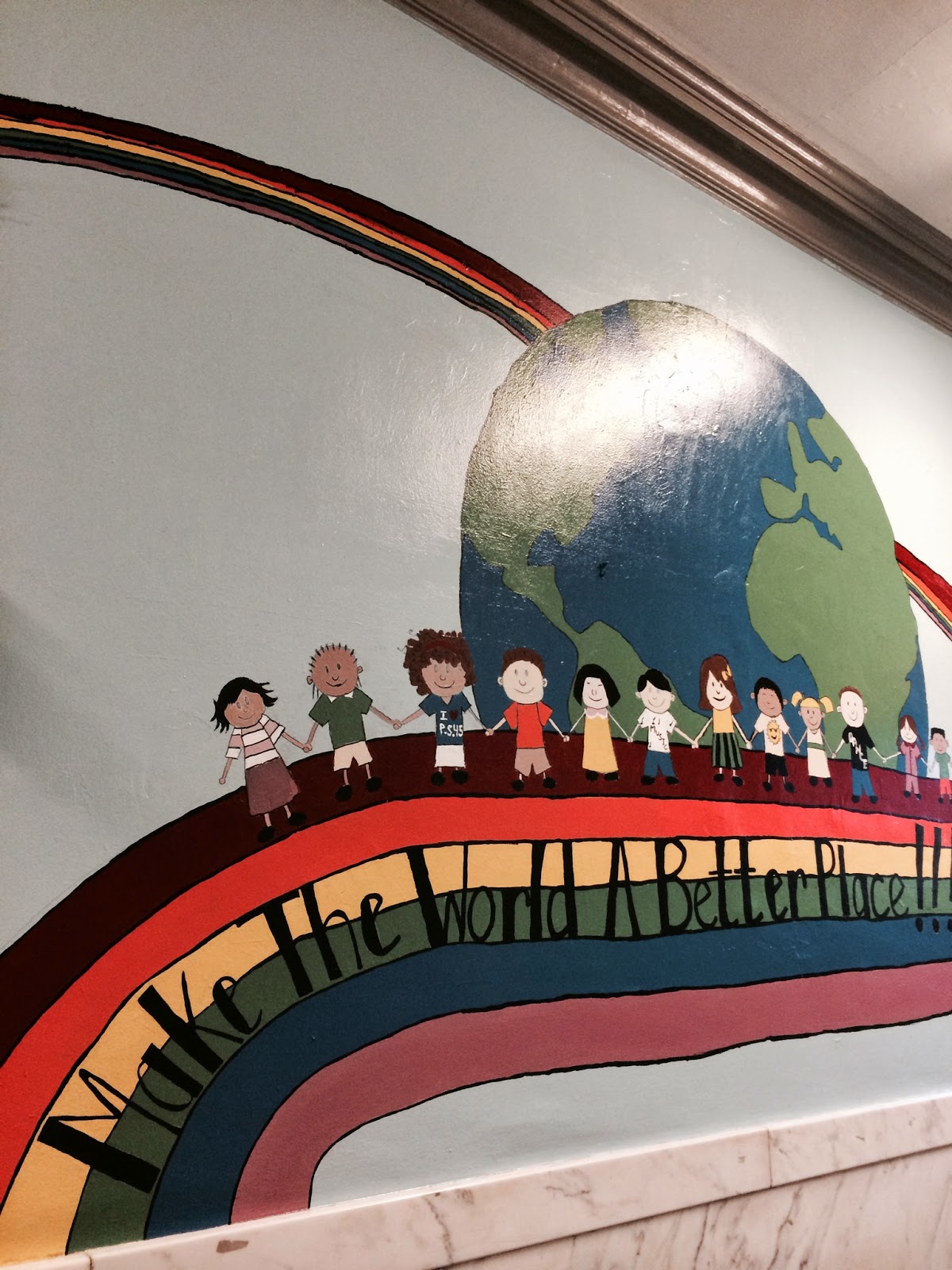I have to admit to fatigue. At times, I feel like a cheerleader for a team that only wins a few games a year and can't seem to fill a stadium.
The issue of bullying finally started getting some attention for, unfortunately, tragic reasons. First there was Columbine, then national stories of young kids and suicide and then along came Bully, the documentary that exposed some of the unthinkable ways peers treat each other.
Politicians, including the President, jumped in, laws were created and companies started sponsoring bullying prevention initiatives. All good but I fear bullying will become the latest issue to fade into the background of the national consciousness just like homelessness or AIDS or the environment. In other words, if you're in it for the long haul, you have to deal with the boomerang effect. When I talk about bullying prevention, I can now see that dreaded look in people's eyes that say, "Been there, done that."
Plz Help Me
Just when I started thinking that I was wasting my time, I opened my email and there was an anonymous message that simply read, "Plz help me." I tried to reach back but there was no way to do it. It originally was sent to me through a thread on The Bully Project web site. Luckily I saw that they list a help line and because I haven't stopped worrying about this person, I hope they reached out.
It doesn't matter if bullying is the topic du jour. It is still a source of incredible pain for thousands of kids and their parents. Missing out on a lighthearted childhood is it's own tragedy.
My area of interest in this big tangled ball of a mess called "bullying" is the bigger topic of resilience and leadership. My theory is that we have to start focusing on character education at a much younger age and parents need to be at the center of the effort. It needs to be simple, affordable, sustainable, creative and positive.
In the fall, I will start a series for young parents on how to nurture leadership skills at home and encourage it in school because the more "little leaders" in the classroom, the less likely bullying will be a big problem. Good all around.
In the meantime, I like to share really good resources. My pick of the day is the book "Wonder," by R.J. Palacio. The truth is that kids perceived as "different," whether it's a learning, physical or emotional challenge are picked on. Wonder will inspire you to be a better parent and will give you an insight to the true meaning of leadership, resilience and spirit.
If you're reading this, it means you care, too. Thank you.





